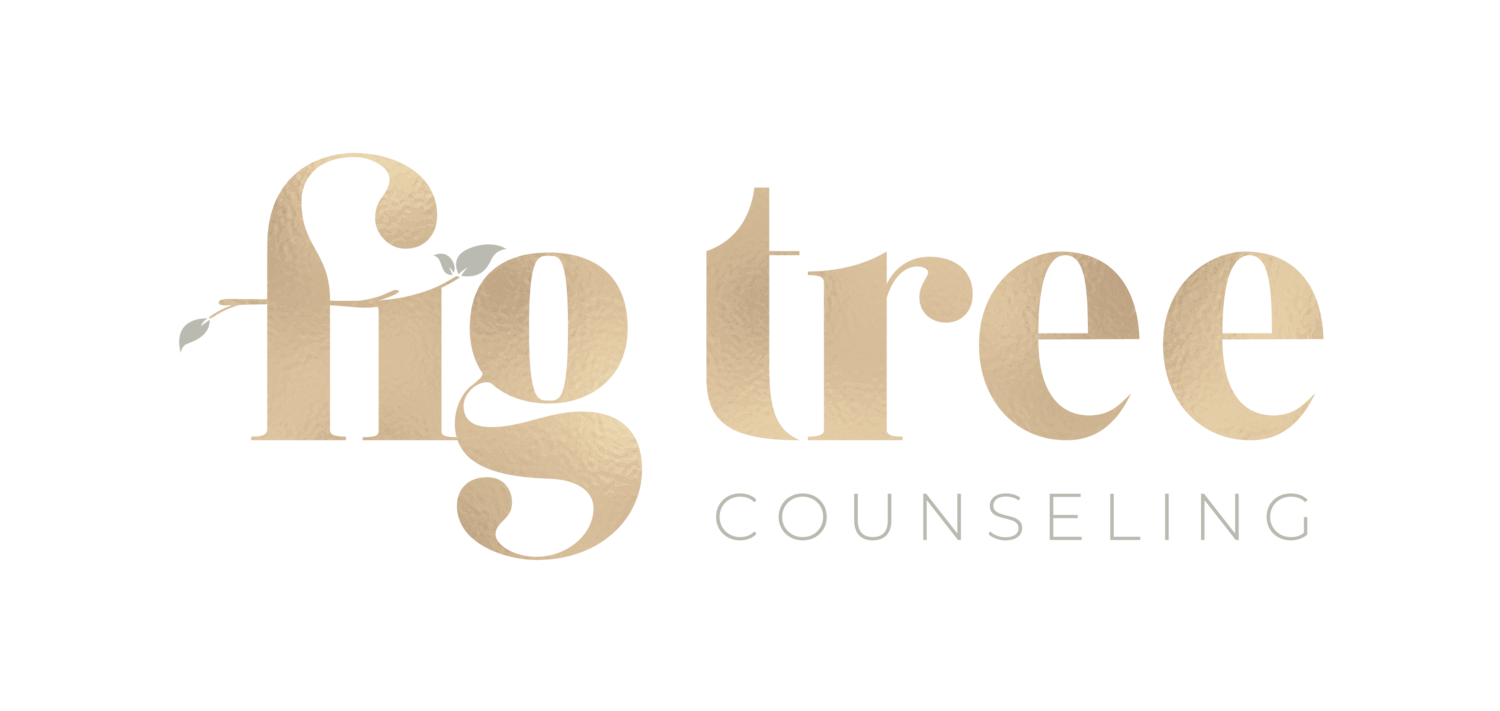The Judgement-Free Zone
Hello and welcome! I’m so glad you found your way here. As this is the first blog entry for Fig Tree Counseling, it feels important to establish the vibe here. This is not the place where you will find snappy parenting hacks that fit nicely into a bulleted list (but are woefully impractical to implement in real life). This is not where I shame you for not feeding your children organic food, or not packing them perfectly balanced bento box lunches for school, or for letting them spend the day on their iPad because you just need some peace and quiet. Nope. This is a judgment-free zone, where we talk about real sh*t, and about the messy/beautiful/depressing/thrilling joys and challenges of parenting.
Have you ever met a perfect parent? Neither have I. That’s because THEY. DON’T. EXIST.
There is no such thing. You didn’t have one, you will never be one, and neither will any of your friends, because it is simply not possible. So, now that we’ve established that, we can take that goal off the table. The reality is: parents make mistakes every day, because parents are humans and humans are fallible. Unfortunately, our culture (and probably your own social media feed) has led you to believe that you shouldn’t make mistakes as a parent, because everyone else seems to be parenting with such ease.
Instagrammable birthday parties! Photos of siblings smiling and getting along! Peaceful and perfect family vacations! These are a smokescreen, my friend. What you aren’t seeing is the scene right before the party where Mom and Dad are arguing because they both forgot to pick up the cake, and the birthday girl is refusing to put on shoes. Or the moment after the cute picture of the siblings when they immediately start arguing over a toy. Or the part of the vacation where the toddler has a tantrum about going out to the beach every single morning because SAND.
Being inundated with these false narratives via television, movies, and social media leaves caregivers experiencing parent guilt. Parent guilt is pervasive, because it alerts your inner critic that not only are you living out your worst beliefs about yourself, but you are also screwing up your kid at the same time. Here’s the thing about feeling guilty about your parenting mistakes: you are not alone. In my time working with children and their parents, I have never met a parent or caregiver who didn’t feel guilty about something.
So, no parent is perfect and every parent feels guilty about not being perfect...now what?
The important thing when it comes to parenting mistakes is not the mistake itself, but the recovery. Let’s say, for example, you come home from a long day at work and you’re feeling stressed and frustrated, and now you’ve got to get dinner on the table. In your hurry to get groceries unloaded in the kitchen, you step on a toy that your child has left out. (Don’t worry, we’ll address managing negative behaviors in a later blog!) Your child knows the rule, that toys are not supposed to be left on the kitchen floor, and your foot HURTS. So, you yell at your child, the emotional temperature in the room skyrockets, and everyone storms out in tears.
Should you have yelled at your child? Of course not. You now have an opportunity to recover and make it right. What might this look like? Later, when you’ve calmed down and are getting your child ready for bed, you might say calmly, “Earlier, I was feeling angry but I shouldn’t have yelled at you and I’m so sorry. Can you please forgive me?”
In circling back and being accountable to your child for your mistake, you are imparting some major life lessons. First, you’re teaching them that humans are imperfect, that sometimes we mess up and inadvertently cause hurt. You’re also helping them identify feelings and normalizing their expression. Plus, you’re modeling for your child the act of taking responsibility for that mistake to make it right with the person you’ve hurt.
You are teaching EMPATHY.
We absolutely cannot expect our children to magically grow up caring about how their actions impact others if we don’t show them ourselves. On the flip side, if what we model for our children is perfectionism and self-flagellation, we create adults who are anxious and become perfectionists themselves. As you move through life as a parent and as you continue to engage with this blog, my wish for you is that you give yourself a break and remember that it’s okay to be human.
Again, it’s not about the mistake, it’s about the recovery, and practice makes...better.

